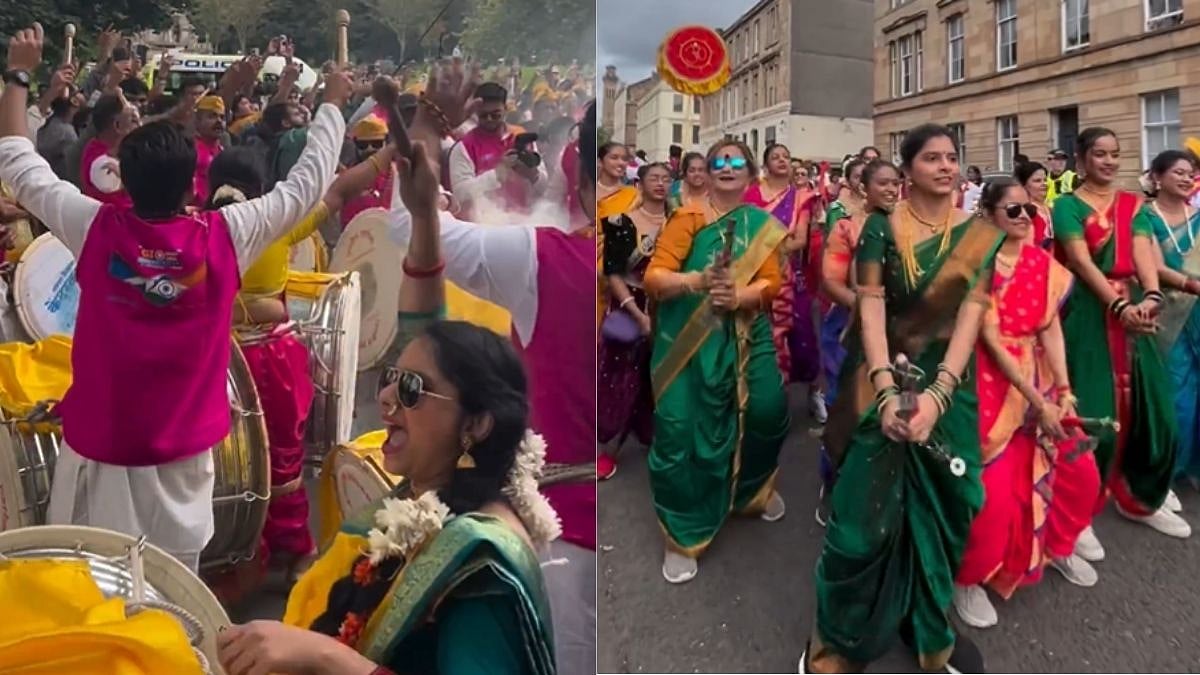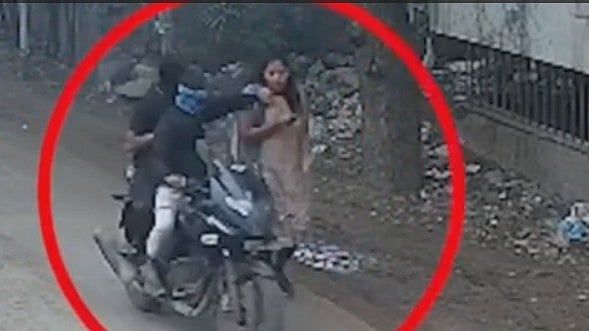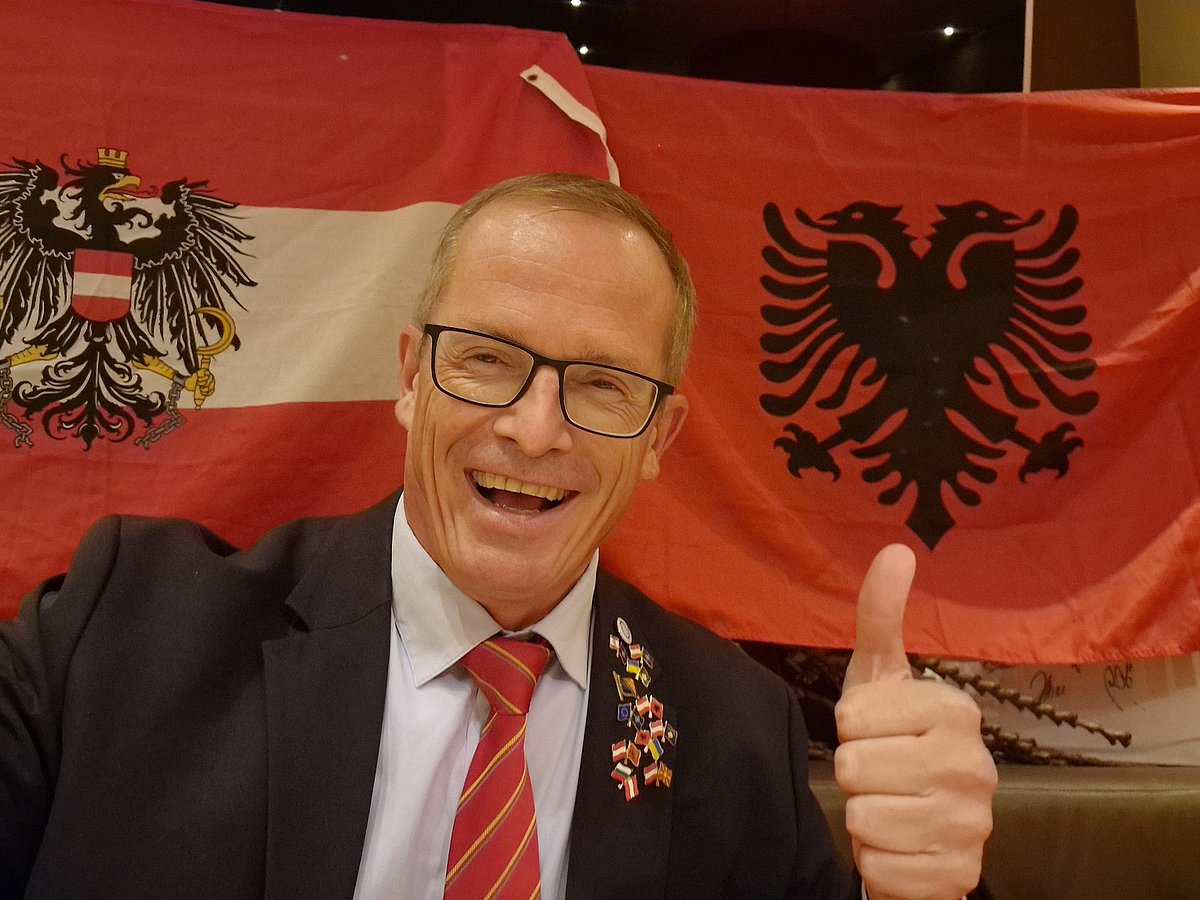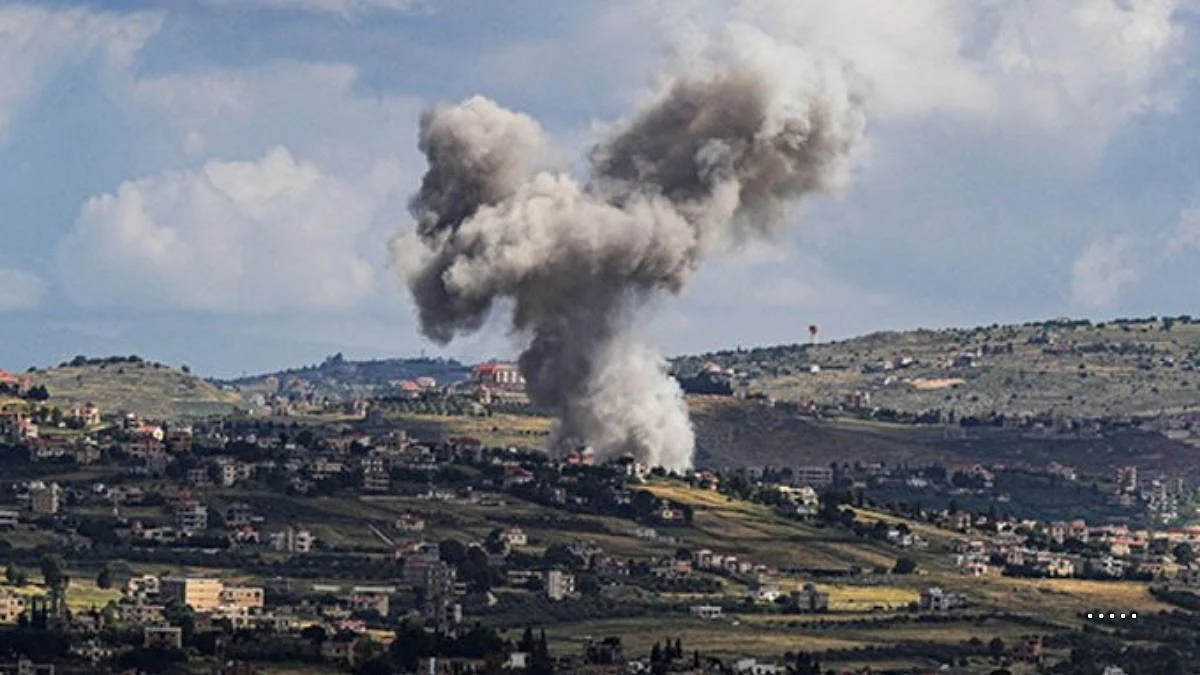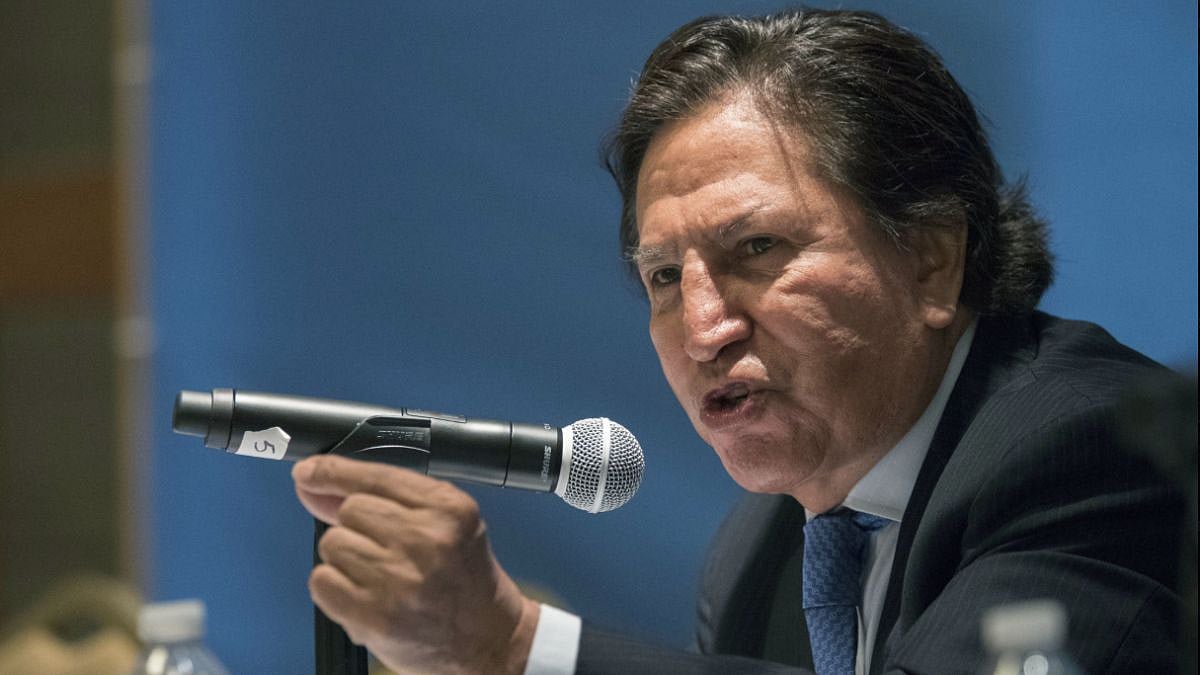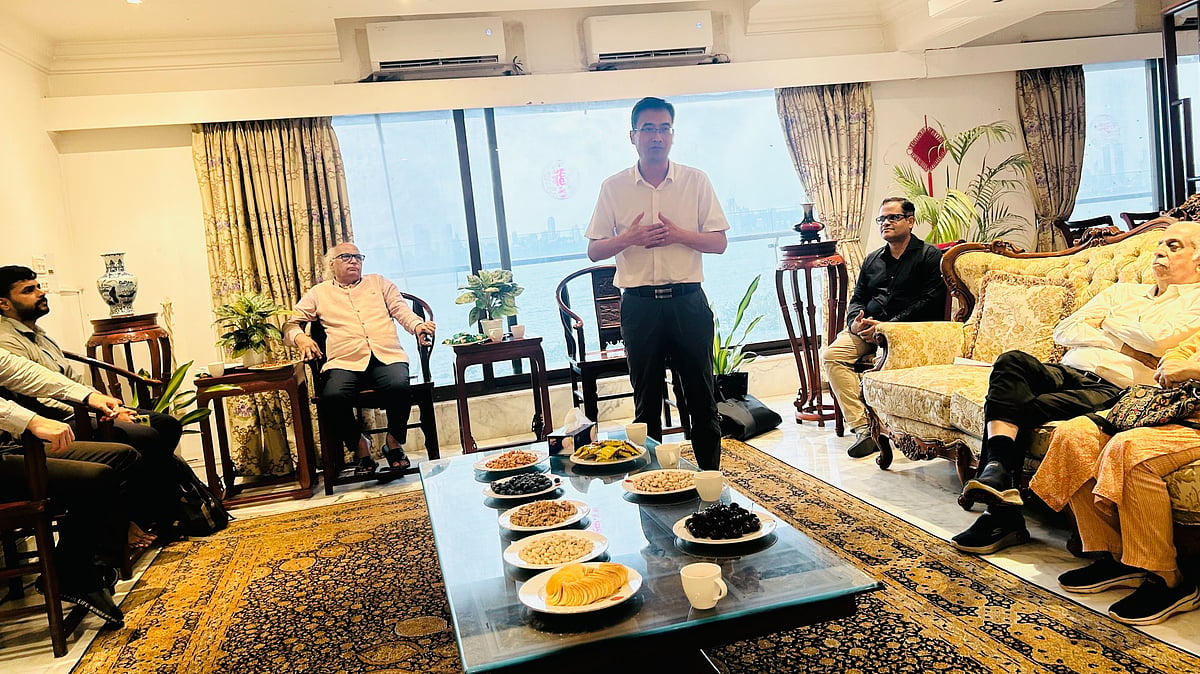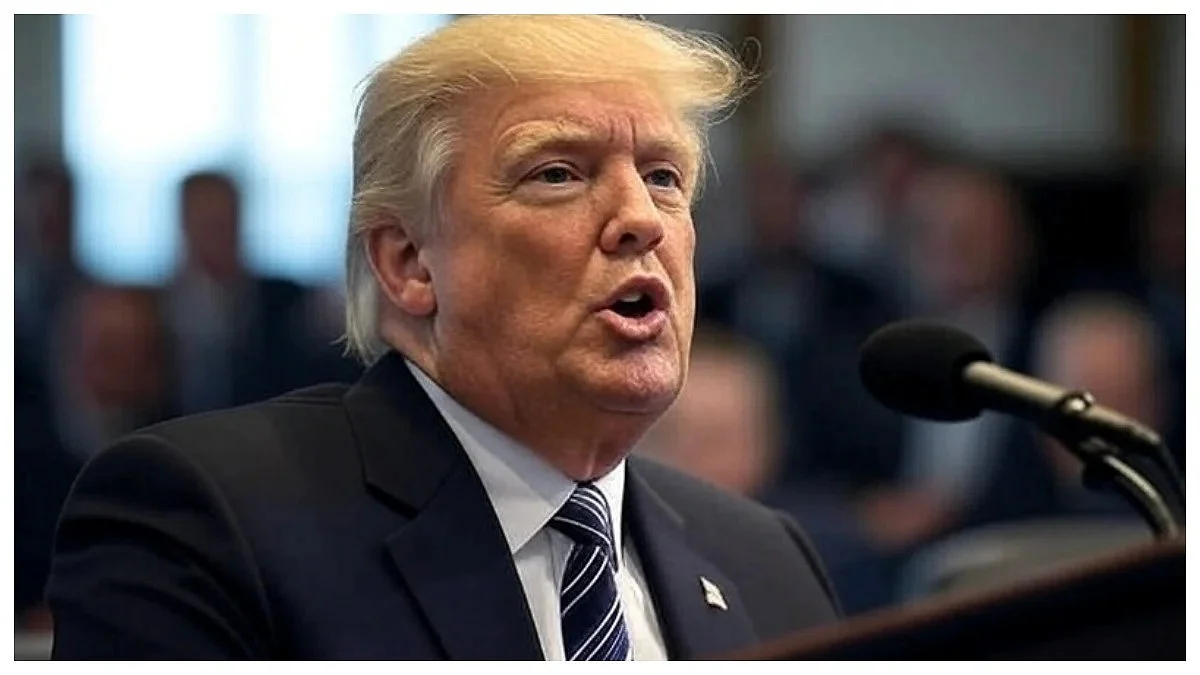António Manuel de Oliveira Guterres GCC GCL is a Portuguese politician and diplomat. Since 2017, he has served as secretary-general of the United Nations, the ninth person to hold this title. A member of the Portuguese Socialist Party, Guterres served as prime minister of Portugal from 1995 to 2002.
Guterres served as secretary-general of the Socialist Party from 1992 to 2002. He was elected prime minister in 1995 and resigned in 2002, after his party was defeated in the 2001 Portuguese local elections.
After six years governing without an absolute majority and with a poor economy, the Socialist Party did worse than expected because of losses in Lisbon and Porto, where polls indicated they had a solid lead.
Eduardo Ferro Rodrigues assumed the Socialist Party leadership, but the general election was lost to the Social Democratic Party, led by José Manuel Barroso. Despite this defeat, polling of the Portuguese public in both 2012 and 2014 ranked Guterres the best prime minister of the previous 30 years.
Guterres was born in Parede and raised in Lisbon, Portugal, the son of Virgílio Dias Guterres (1913–2009) and Ilda Cândida dos Reis Oliveira Guterres (1923-2021).
He attended the Camões Lyceum (now Camões Secondary School), where he graduated in 1965, winning the National Lyceums Award (Prémio Nacional dos Liceus) as the best student in the country.
He studied physics and electrical engineering at Instituto Superior Técnico – Technical University of Lisbon in Lisbon. He graduated in 1971 and started an academic career as an assistant professor teaching systems theory and telecommunications signals, before leaving academic life to start a political career.
The ninth Secretary-General of the United Nations, he took office on 1st January 2017.
Having witnessed the suffering of the most vulnerable people on earth, in refugee camps and in war zones, the Secretary-General is determined to make human dignity the core of his work, and to serve as a peace broker, a bridge-builder and a promoter of reform and innovation.
Prior to his appointment as Secretary-General, Guterres served as United Nations High Commissioner for Refugees from June 2005 to December 2015, heading one of the world’s foremost humanitarian organizations during some of the most serious displacement crises in decades.
The conflicts in Syria and Iraq, and the crises in South Sudan, the Central African Republic and Yemen, led to a huge rise in UNHCR’s activities as the number of people displaced by conflict and persecution rose from 38 million in 2005 to over 60 million in 2015.
Before joining UNHCR, Guterres spent more than 20 years in government and public service. He served as prime minister of Portugal from 1995 to 2002, during which time he was heavily involved in the international effort to resolve the crisis in East Timor.
As president of the European Council in early 2000, he led the adoption of the Lisbon Agenda for growth and jobs, and co-chaired the first European Union-Africa summit. He was a member of the Portuguese Council of State from 1991 to 2002.
Guterres was elected to the Portuguese Parliament in 1976 where he served as a member for 17 years. During that time, he chaired the Parliamentary Committee for Economy, Finance and Planning, and later the Parliamentary Committee for Territorial Administration, Municipalities and Environment. He was also leader of his party’s parliamentary group.
From 1981 to 1983, Mr. Guterres was a member of the Parliamentary Assembly of the Council of Europe, where he chaired the Committee on Demography, Migration and Refugees.
For many years Guterres was active in the Socialist International, a worldwide organization of social democratic political parties. He was the group’s vice-president from 1992 to 1999, co-chairing the African Committee and later the Development Committee. He served as President from 1999 until mid-2005.
In addition, he founded the Portuguese Refugee Council as well as the Portuguese Consumers Association DECO, and served as president of the Centro de Acção Social Universitário, an association carrying out social development projects in poor neighbourhoods of Lisbon, in the early 1970s.
Guterres is a member of the Club of Madrid, a leadership alliance of democratic former presidents and prime ministers from around the world.
Guterres was born in Lisbon in 1949 and graduated from the Instituto Superior Técnico with a degree in engineering. He is fluent in Portuguese, English, French and Spanish. He is married to Catarina de Almeida Vaz Pinto, Deputy Mayor for Culture of Lisbon, and has two children, a stepson and three grandchildren.
The secretary-general of the United Nations (UNSG or SG) is the chief administrative officer of the United Nations and head of the United Nations Secretariat, one of the six principal organs of the United Nations.
The role of the secretary-general and of the secretariat is laid out by Chapter XV (Articles 97 to 101) of the United Nations Charter. However, the office's qualifications, selection process and tenure are open to interpretation; they have been established by custom.
Guterres visited sites of suspected war crimes in Ukraine on Thursday, where he condemned the “evil” acts committed against civilians and urged criminal accountability.
The UN chief’s visit to the Kyiv suburbs of Borodianka, Bucha and Irpin comes nine weeks since the Russian invasion began. Mr. Guterres urged Russia “to accept to cooperate” with the ongoing investigation launched by the International Criminal Court, the ICC.
“When we see this horrendous site, it makes me feel how important it is [to have] a thorough investigation and accountability,” Mr. Guterres said, speaking from Bucha, where disturbing images of dead civilians lying in the street sparked worldwide outrage earlier this month.
He added: “I fully support the International Criminal Court and I appeal to the Russian Federation to accept to cooperate with the International Criminal Court.”


